Amanda Nguyễn stepped out of a windowed white capsule in the West Texas desert on Monday (April 14), placed her hands firmly on her chest, then punched them toward the sky, beaming with joy. Having just flown beyond the Kármán line — recognized as the division between Earth and the rest of the universe — she'd just become the first Vietnamese woman to fly to space. She'd also just closed the loop on a dream she paused for 10 years to advocate for civil rights, keeping a promise to her younger self that she would "return to her."
Before that 10-year pause, Nguyễn was a student at Harvard University in pursuit of a career at either NASA or the CIA. She'd been studying astrophysics at the college, had worked on NASA's last space shuttle mission and had previously helped the agency develop its Kepler exoplanet-hunting space telescope. Then, in 2013, during her senior year, she was raped at a frat party.
While dealing with her own emotions in the aftermath of her sexual assault, Nguyễn also began to uncover serious lapses in the justice system designed to support survivors so they can press charges. She eventually found herself at a crossroads between pivoting her journey toward the fight for sexual assault survivor rights — harnessing her own experience as a powerful medium of advocacy — or continuing on the path toward her scientific dreams. She chose the former, and indeed achieved great things.
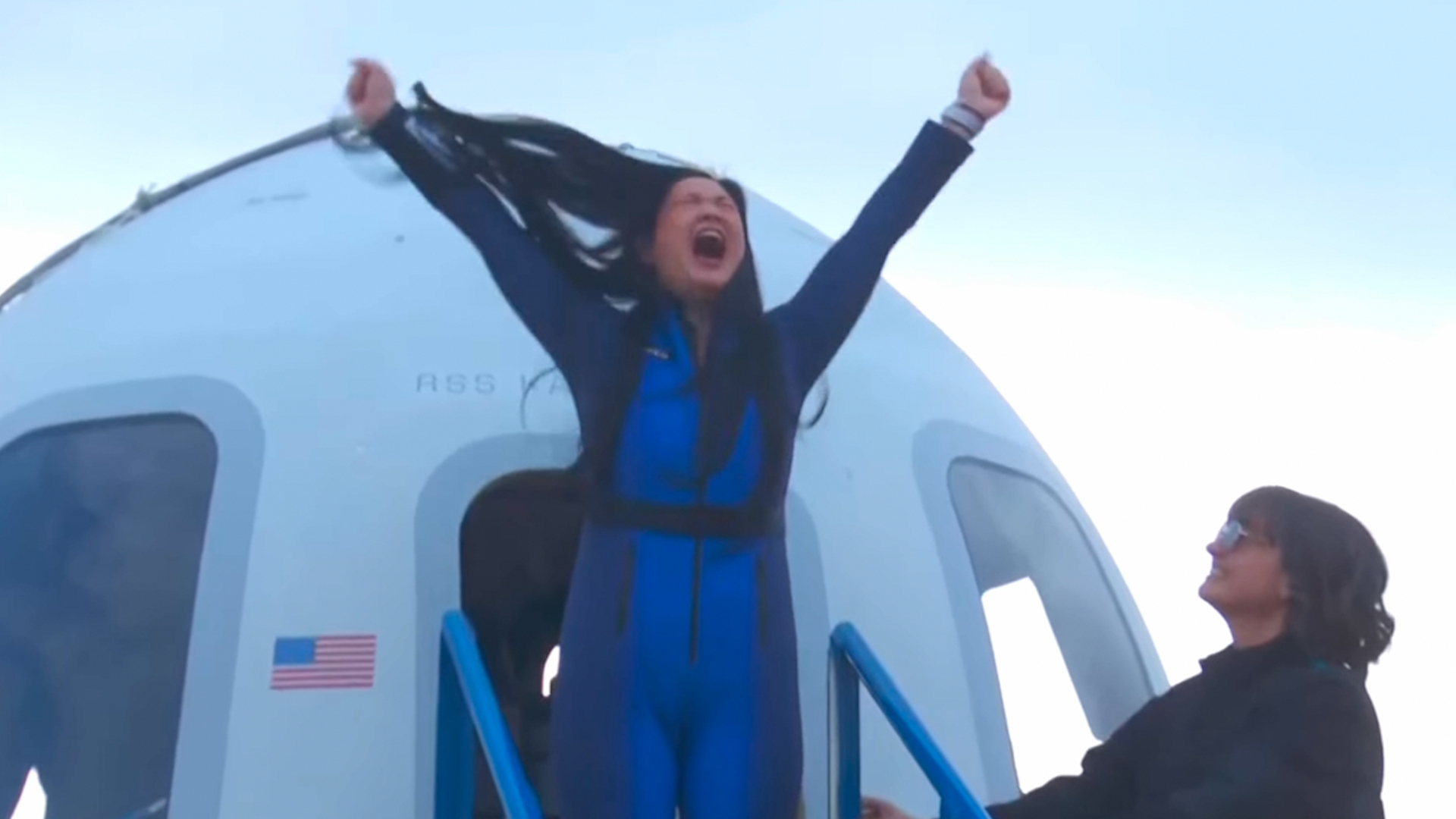
She is credited, for instance, with the passing of the Sexual Assault Survivors' Bill of Rights Act, which entitles survivors to free medical exams, mandates that forensic evidence be kept for at least the statute of limitations on rape, and provides the option of extending that timeline in certain circumstances. Because of this accomplishment, she was also a nominee for the Nobel Peace Prize in 2019.
And, as of April 14, Nguyễn managed to choose her latter dream as well.
"In this moment, I just want all survivors to know: You can heal. No dream is too wild, and if it's so wild and out there — like going to space — you can absolutely make it through, and it can absolutely be possible," she said during an interview conducted immediately post-flight.
During the flight, Nguyễn's carefully chosen zero-G indicator — in reference to the object that astronauts bring to space to indicate when microgravity conditions begin — would have poetically floated around the capsule. It was a note she'd written to herself years ago, promising that, if she were to pause her astronaut dreams and fight for civil rights, "one day I would return to her."
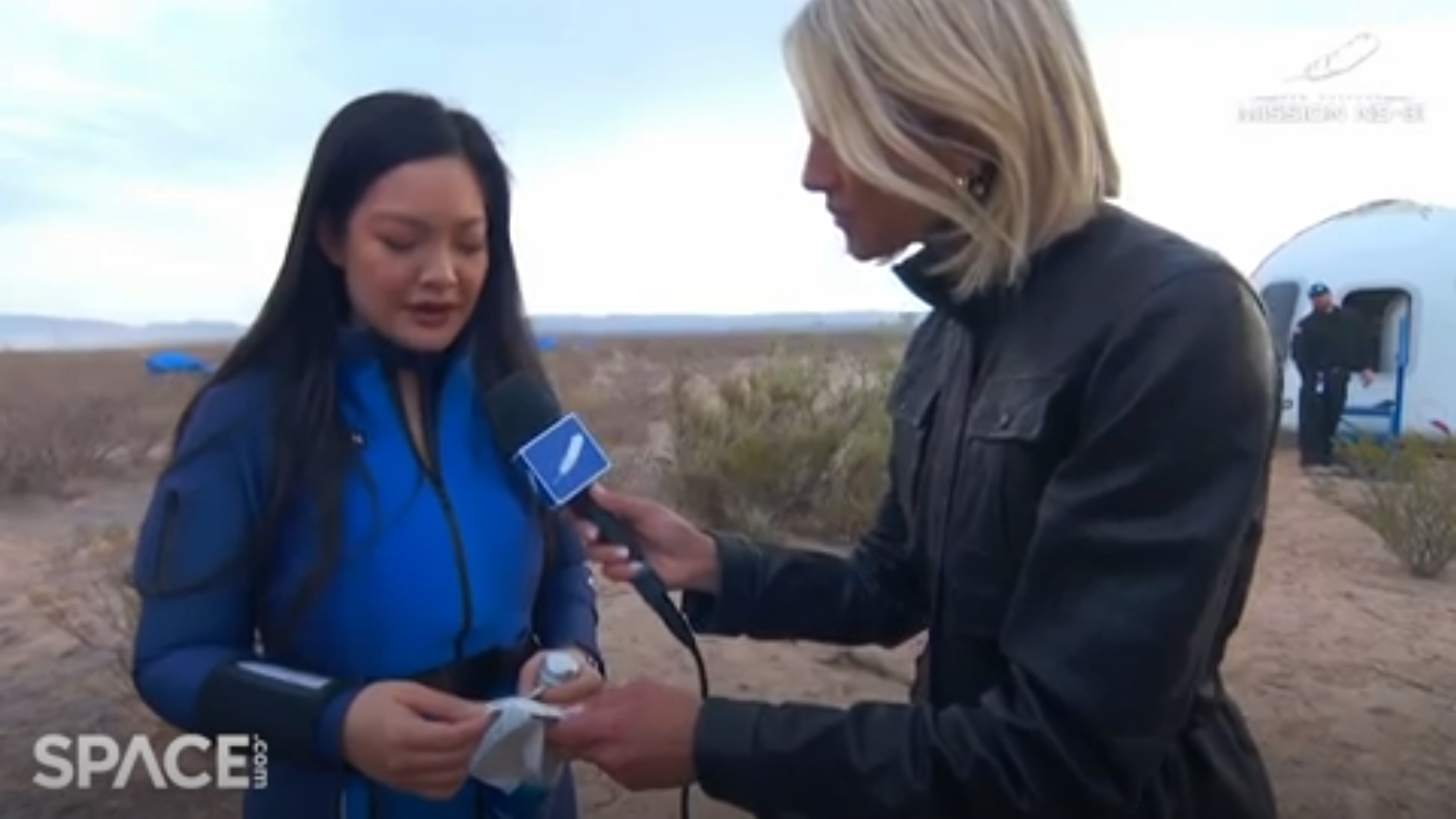
Nguyễn also brought a second zero-G indicator that she was on the fence about, she says. It's her hospital band from when she was given a rape kit after her sexual assault. "I ended up bringing it," she said. "I got to honor her today."
As she said prior to her flight: "This journey really is about healing."
Nguyễn, who is also a bioastronautics research scientist, brought a few in-orbit projects to conduct during the 10.5-minute flight as well.
One of those experiments involves testing material for wound dressing in microgravity; Nguyễn has said that the results of this experiment could have applications for women's health in space. Better absorption technology in microgravity conditions would make it possible for engineers to create space-friendly pads or tampons for women astronauts who menstruate. It is especially pertinent, seeing as Nguyễn's Blue Origin mission was the first spaceflight in 60 years to not have a man on board. (Her crewmates were former NASA rocket scientist Aisha Bowe, filmmaker Kerianne Flynn, journalist Gayle King, pop star Katy Perry and journalist and author Lauren Sánchez, who is the fiancee of Blue Origin founder Jeff Bezos.)
"Historically, NASA barred women from becoming astronauts, and one of the reasons they cited the most was menstruation," Nguyễn told The Guardian. "That's why I’m doing it."
Nguyễn also brought to space some smart materials getting tested for next-gen spacesuits and a wearable ultrasound patch, both engineered by researchers at MIT, where she used to be a Media Lab Director's Fellow.
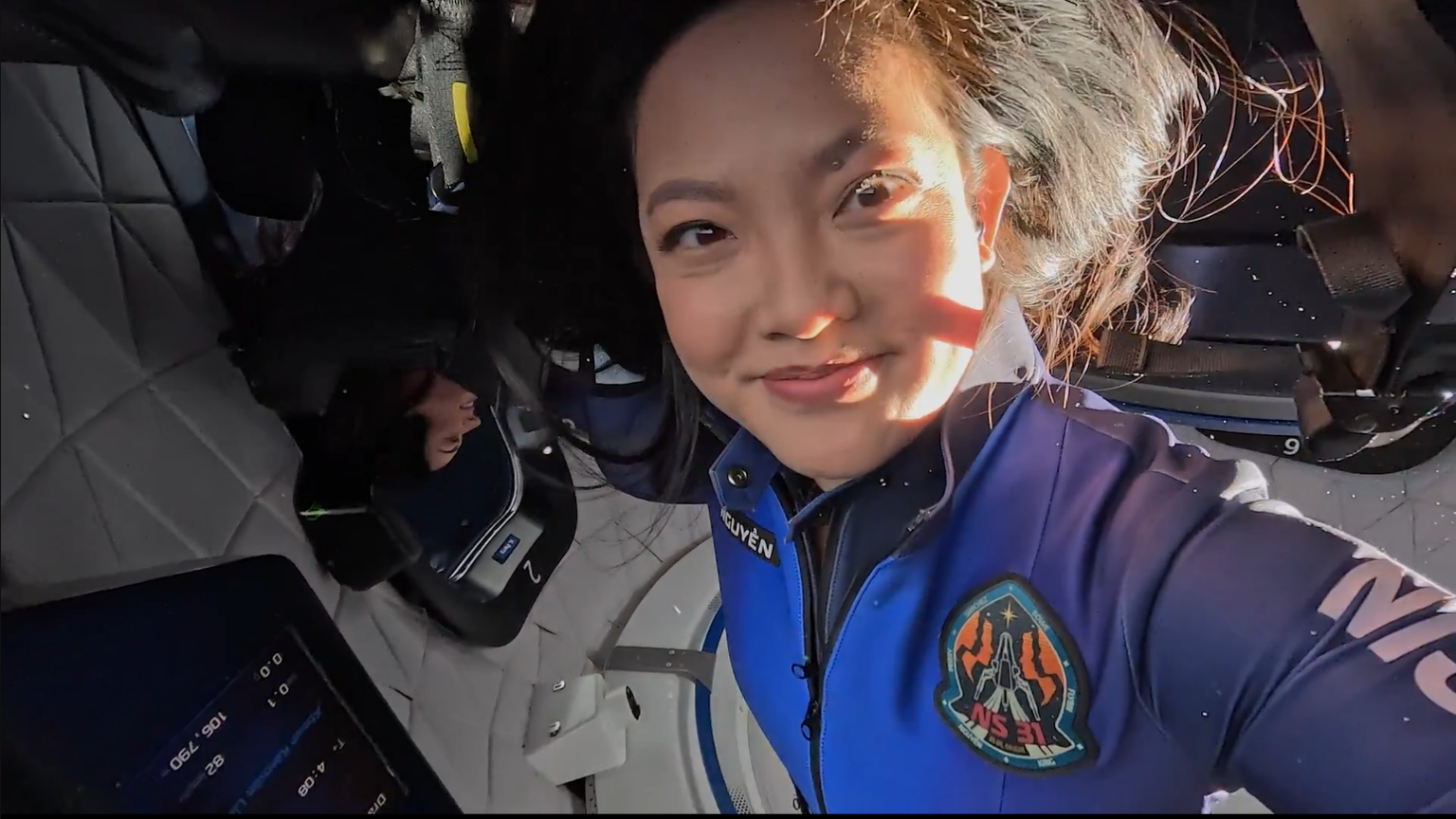
There was a time, back in 2013, when Nguyễn chose to "delay her justice" because she wanted to fight for her career, she told NPR before the flight. As someone who wished to work for a government agency — and as someone who once worked as a White House intern who had already gone through government application processes — Nguyễn knew it was seen as a complication to be part of a court case in progress.
That's why she says she originally decided to risk having her rape kit evidence destroyed after six months — the rule she successfully overturned during her civil rights campaign — in order to bring a neater resume to future employers. This decision changed, as she says, when she later put a pause on her career to dedicate her time to helping other survivors of sexual assault.
In a cosmic way, the story has now come together for Nguyễn — emphasizing a message she hopes to send to all survivors who may find themselves at a similar crossroads.
"Never, never give up," it says on her zero-G indicator promise.
.png)
 German (DE)
German (DE)  English (US)
English (US)  Spanish (ES)
Spanish (ES)  French (FR)
French (FR)  Hindi (IN)
Hindi (IN)  Italian (IT)
Italian (IT)  Russian (RU)
Russian (RU) 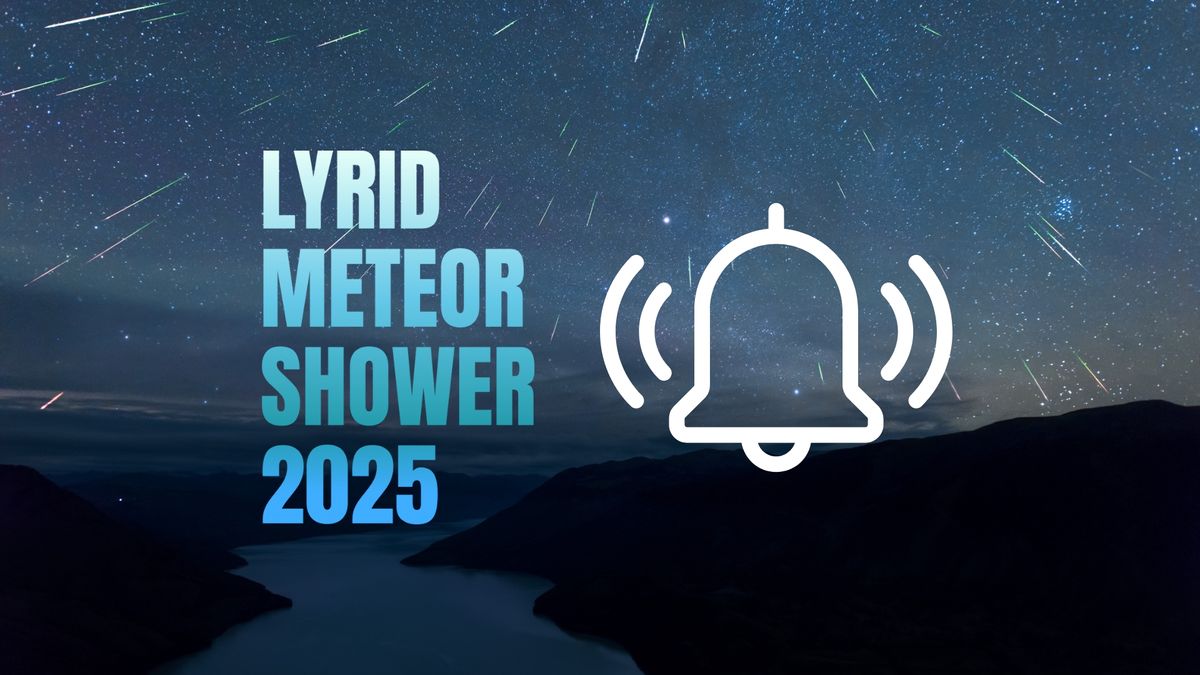
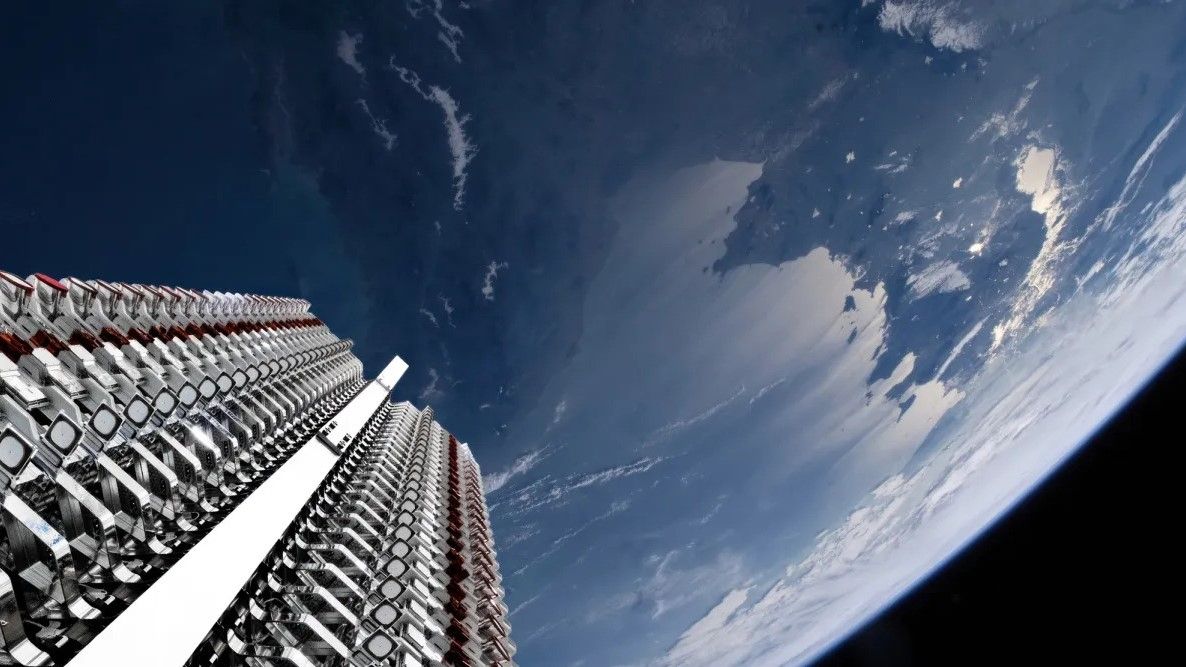


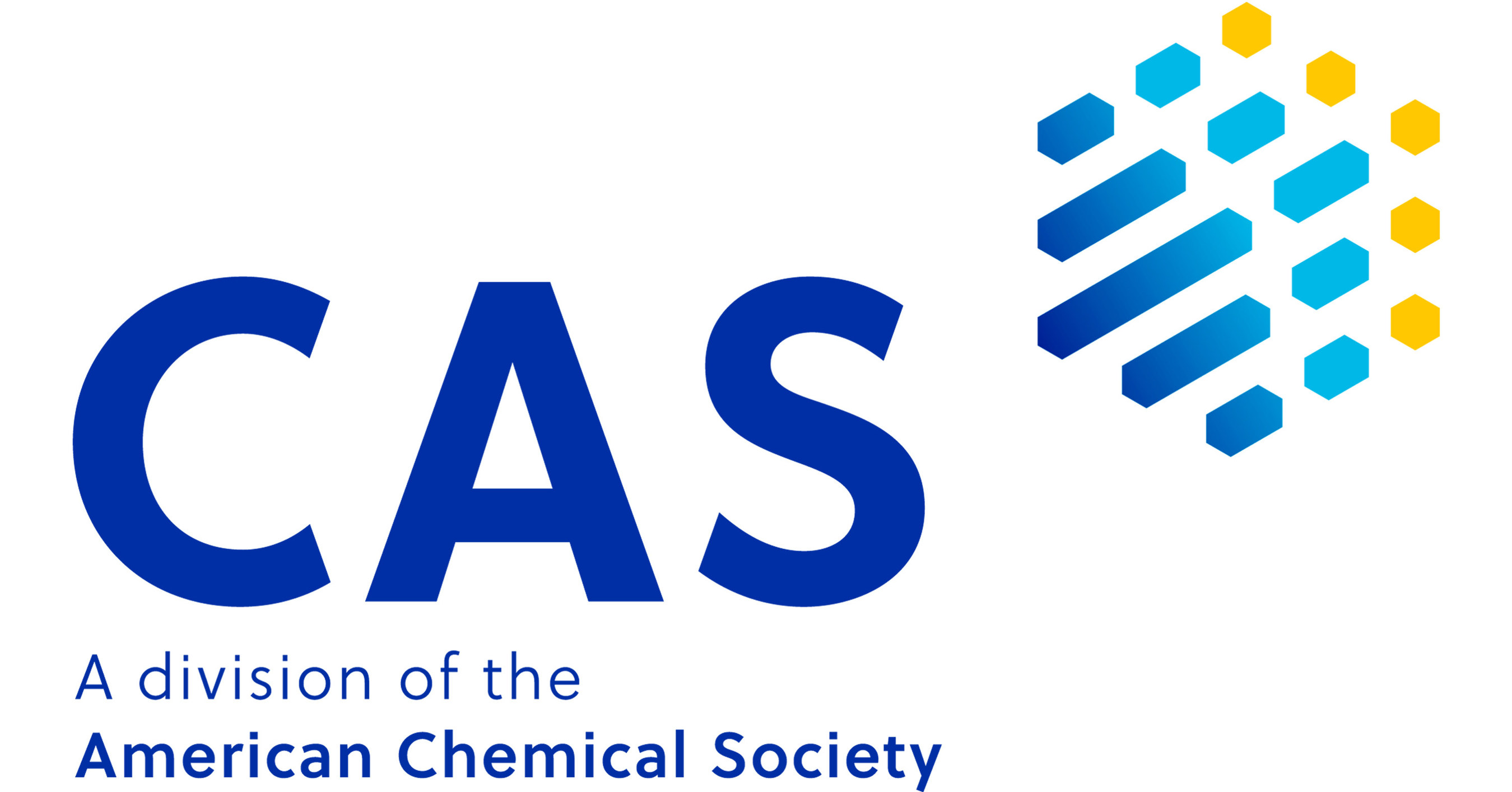



Comments